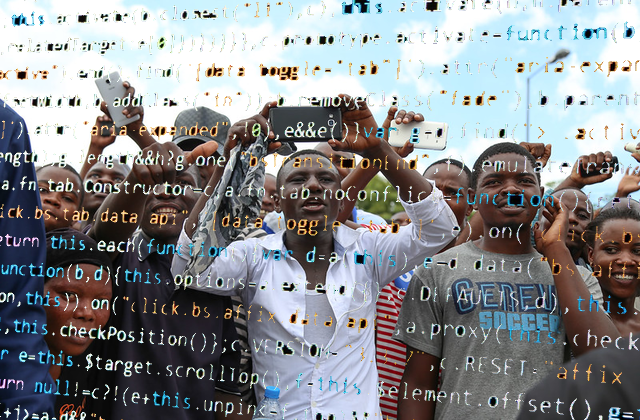Lessons Learned in Digital Development Projects
There are many lessons that have been learned from the use of ICT4D (Information and Communication Technologies for Development) to support development goals and address social and economic challenges in developing countries. Some examples include:
- The importance of context: ICTs need to be understood and used in the context of the specific social, economic, and political conditions in which they are being deployed. This means considering the needs and priorities of the communities and individuals being served, as well as the local infrastructure and resources available.
- The need for sustainability: ICT projects and initiatives need to be sustainable in order to have long-term impact. This means considering the financial, technical, and human resources required to maintain and support the use of technology over time.
- The role of partnerships: ICTD projects and initiatives often involve partnerships between different stakeholders, including governments, development organizations, private sector companies, and local communities. These partnerships need to be well-coordinated and managed in order to be effective.
- The importance of user-centered design: ICTD projects and initiatives should be designed with the needs and perspectives of the users in mind. This means considering the barriers and challenges that users may face in using technology, and designing solutions that are accessible, user-friendly, and culturally appropriate.
Overall, these lessons highlight the need to approach the use of ICTs for development in a holistic and context-specific way, in order to ensure that they are used effectively and sustainably to benefit communities and individuals.
Please RSVP: What Can We Learn From ICT4Education Evidence?
July 25 Tech Salon London – RSVP Now
In August, the Department for International Development (DFID) will publish a new evidence paper exploring the relationship...
4 Reasons Why MTN’s $235,000 Internet Bus is Reinventing a Flat ICT4D Tire
TechMoran reports that MTN Uganda has spent $235,000(!) on an “Internet bus,” a mobile telecentre where a computer lab is installed in a bus to be driven...
Learning from Failure in International Development
Neelley Hicks presenting at the Fail Faire DC conference.
A few years ago I traveled to Angola to provide technology training and tools to a local community. Things...
Dear USAID: What Were You Thinking With Cuban Twitter?
Imagine the scene: a stale conference room off Barcelona’s lively La Rambla, an assortment of techies, government bureaucrats, and development contractors...
The Best Practices in the Use of ICTs in Development Are…
How are advances in communications technologies driving transformational change in development? United Methodist Communications recently published a discussion...
A NICE International ICT4D Failure
NICE International was offering telecenters with sustainable solar energy – so called NICECentres – to unleash the potential of people in developing countries....
Fail Fest DC 2013: Cathartic and Comedic
On Thursday night, Washington DC celebrated failure in international development as a mark of leadership, innovation, and risk-taking in pushing the boundaries...
5 Steps to Social Innovation with ICT
IICD uses a distinctive participatory and multi-stakeholder approach in developing social innovation programs with information and communication technologies.
Whereas...
How Do Humanitarian Organizations and Local Media Communicate During Disasters?
When disaster strikes, humanitarian aid organizations often play a pivotal role in relief efforts. Communicating with affected populations is one of the many challenges...
How Public Libraries Connect People to ICT for Development
Public libraries play a critical role in extending the benefits of information and communication technologies (ICTs) to a diverse range of people worldwide. However,...












